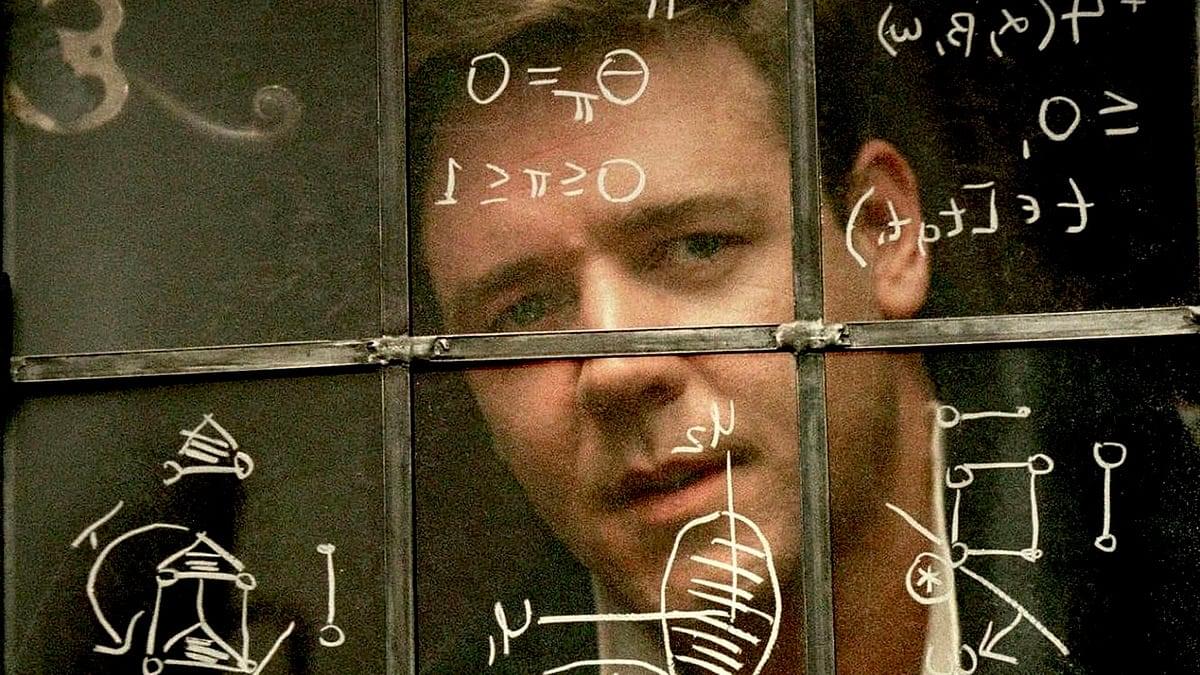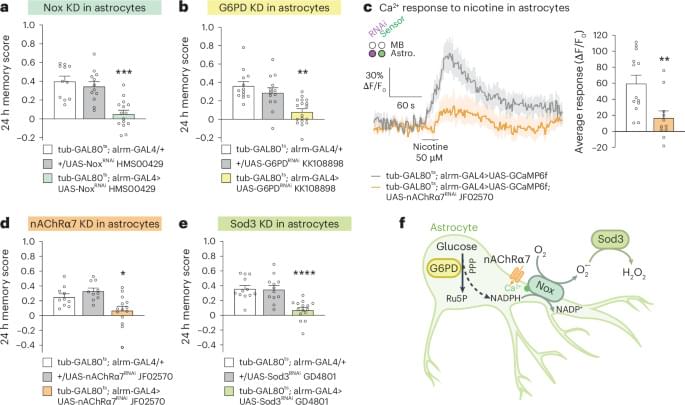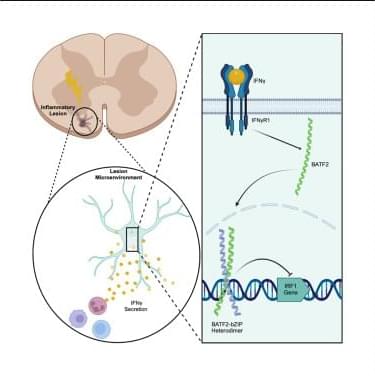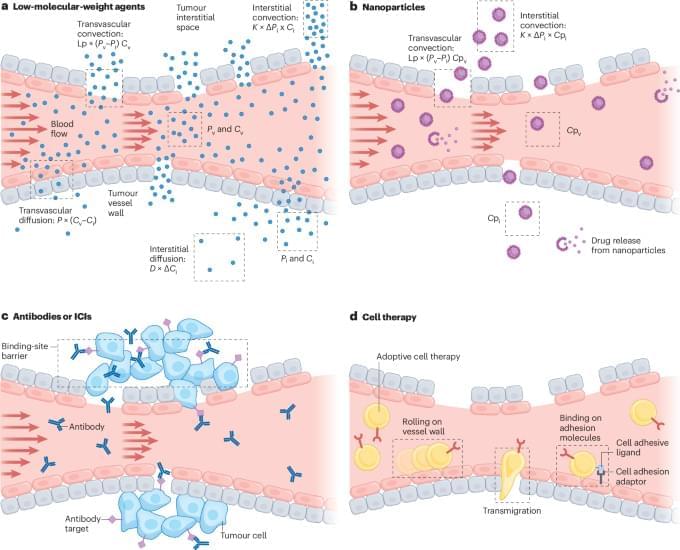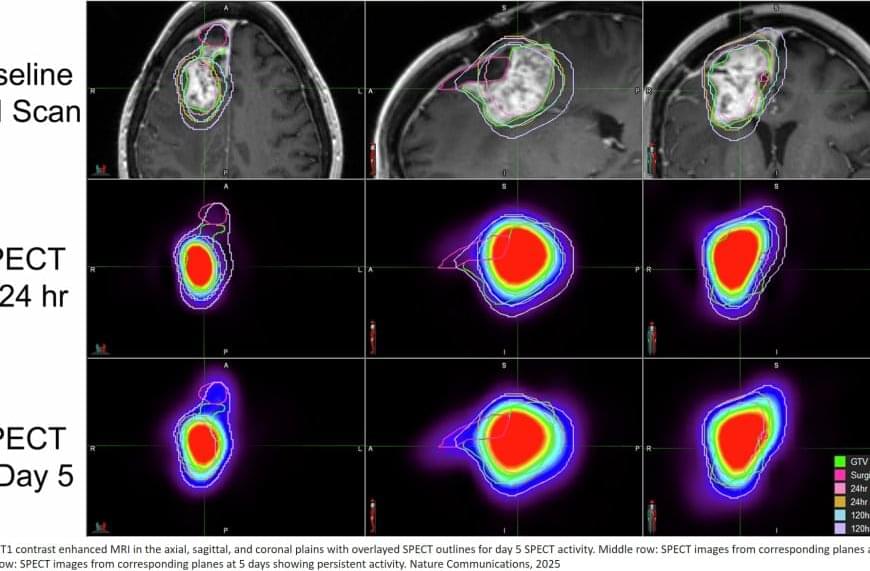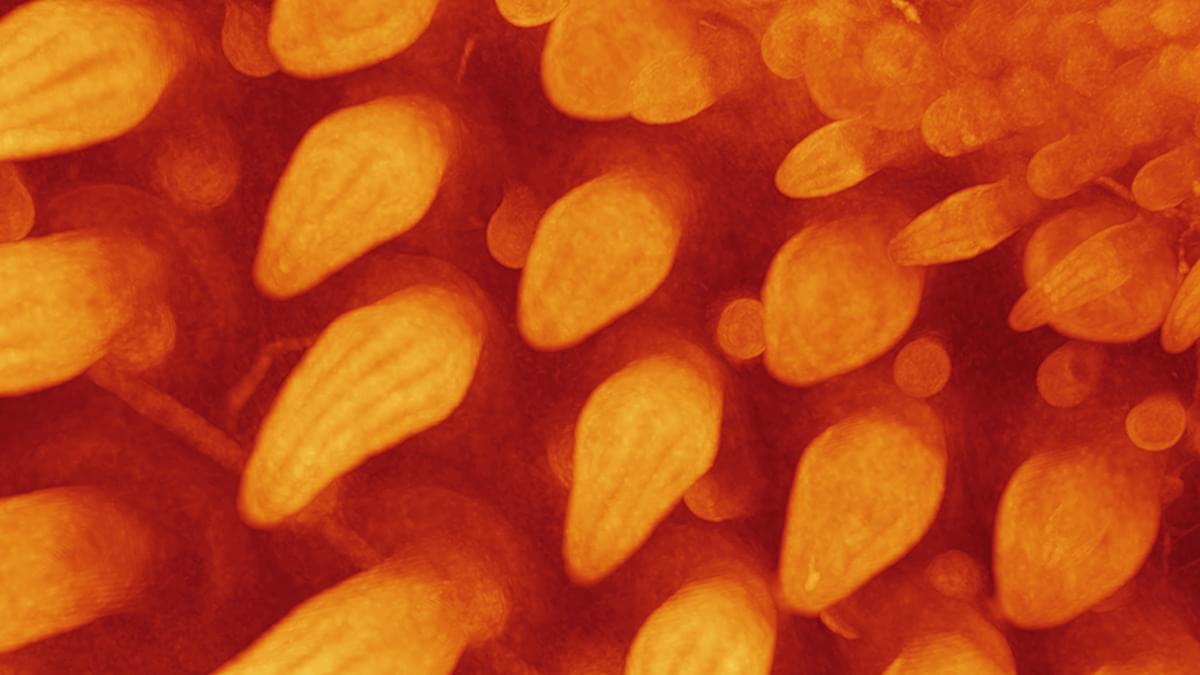A team of researchers at Peking University claims to have made a breakthrough in chip technology, potentially reshaping the semiconductor race.
Their newly developed 2D transistor is said to be 40% faster than the latest 3-nanometre silicon chips from Intel and TSMC while consuming 10% less energy. This innovation, they say, could allow China to bypass the challenges of silicon-based chipmaking entirely.
“It is the fastest, most efficient transistor ever,” according to an official statement published last week on the PKU website.
Led by physical chemistry professor Peng Hailin, the research team believes their approach represents a fundamental shift in semiconductor technology.
Peking University researchers have developed a 2D transistor that operates 40% faster and uses 10% less energy than leading silicon chips.
